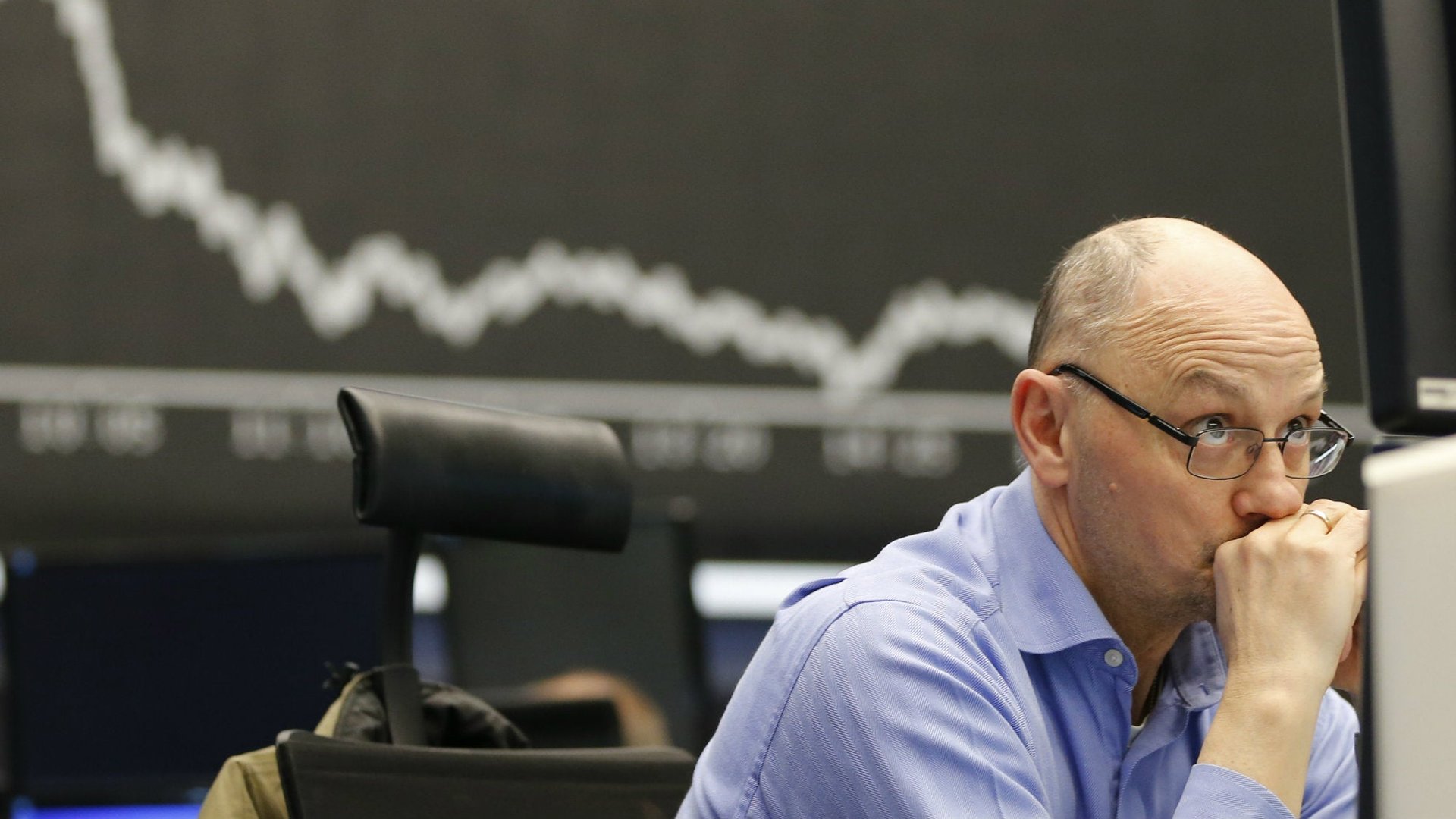Investors rushing into volatility-linked funds will learn that betting on risk is risky
No risk, no reward. That maxim has suffered recently, as the stock market has rewarded investors with steady returns amid historically low volatility. Traders looking to beat the market have fewer options in such placid conditions, so some have turned to betting on risk itself.


No risk, no reward. That maxim has suffered recently, as the stock market has rewarded investors with steady returns amid historically low volatility. Traders looking to beat the market have fewer options in such placid conditions, so some have turned to betting on risk itself.
The VIX index, also known as the market’s “fear gauge,” measures how much traders think the market will move up or down in the coming month. When traders buy and sell equity derivatives, the price is based on how much they think stock prices will move around during the duration of the derivative contract. The VIX is that number, or implied volatility, for S&P 500 derivatives. The bigger the number, the more risk the market expects.
It is possible to invest in securities based on the VIX. These derivatives are packaged together into an exchange-traded fund that allows ordinary investors to make bets on volatility. A derivative of a derivative of a derivative: what could possibly go wrong?
We may find out before too long. VIX-linked funds have recently become one of the most popular trades among investors. Trades featuring the VIX made up 9% of volumes in July, split between funds that rise when the VIX rises (VXX) and funds that rise when the VIX falls (SVXY, which has seen huge inflows in recent months). Monthly trading volumes for both kinds of funds have increased by more than 1,000% over the past five years.
There are good reasons, beyond pure speculation, to buy shares of a volatility-linked fund. If you buy a fund like VXX, you get some protection if volatility returns to markets. Though the VIX and the VXX fund don’t track each other exactly—a difference that itself invites speculation—the correlation is about 70%.
Why volatility has remained so low, despite economic and political uncertainty, has been a mystery to everyone. Well, not everyone, as day traders who bet on the VIX staying low embrace elaborate theories about the changing nature of risk. They are now in the minority. According to Reuters, open interest in VIX call options, which pay off when higher volatility returns, outnumbers interest in VIX put options, which pay when volatility falls, by more than four to one.